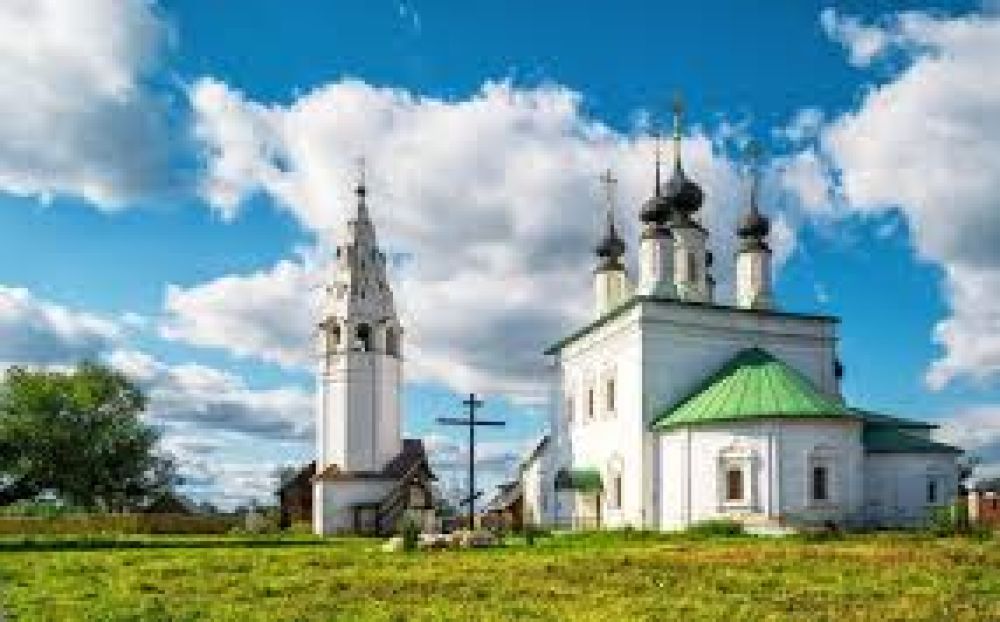

The historic town of Suzdal, located northeast of Moscow in Russia, is part of the Golden Ring, a group of ancient cities that have played a significant role in the formation of the Russian Orthodox Church. Among Suzdal's many historical landmarks is the Alexander's Convent (also known as Alexandrovsky Convent or the Convent of Saint Alexander), which has been a pious and cultural ornament of the town and a point of interest for numerous visitors over the years.
The origins of Alexander's Convent can be traced back to the 13th century. It was established in honor of Alexander Nevsky—a national hero and a saint of the Russian Orthodox Church—after his death in 1263. The convent became a place of religious significance and was also known for its role in housing female nobility, particularly in the 16th and 17th centuries.
Tourism in Suzdal, inclusive of visits to religious sites like Alexander's Convent, began to develop more significantly during the 19th century. The Russian government started to recognize the value of preserving historical and cultural heritage for both national identity and as a potential draw for tourists.
Throughout the 20th century, especially during the Soviet era, there was somewhat of a paradox in terms of tourism. On one hand, the government promoted the town's heritage as part of orchestrated domestic tourism policies but, on the other hand, religious practices were suppressed under Communist rule, which could have affected the pilgrimage aspect of visiting the convent. Despite these challenges, Alexander's Convent remained a site of architectural and historical importance.
In the modern era, as political and social dynamics have shifted, Suzdal and Alexander's Convent have seen a resurgence in tourism, greatly benefiting from the fall of the Soviet Union and the subsequent opening up of Russia to international travelers.
Current trends in tourism to Alexander's Convent encompass a mix of cultural, historical, and religious travel. Visitors come to admire the well-preserved medieval architecture, the serenity of the nunnery, and the captivating history attached to the site. The convent and the town of Suzdal feature frequently in cultural tourism packages, and there is also a trend in which visitors seek a more authentic, less "touristy" experience, venturing into the Russian countryside away from the bustling cities.
Eco-tourism and sustainable travel have also started to gain traction, with tourists increasingly looking for destinations that not only offer a rich cultural experience but also adhere to conservation principles. Suited to this trend, Suzdal, in its entirety, operates with a sense of protective stewardship over its historical sites, including the convent, which appeals to ethically minded visitors.
While Suzdal continues to attract visitors with its antiquity and charm, the future of tourism at Alexander's Convent looks bright as there is a growing appreciation for the interconnectedness between culture, history, and natural beauty.
Today, Alexander's Convent remains a functional religious institution while also being a significant tourist attraction. Visitors are welcome to explore the grounds, attend services, and view the beautiful frescoes and iconography that adorn the church walls. It embodies an important aspect of Suzdal's timeless appeal and is a must-see destination for those exploring the Golden Ring of Russia.